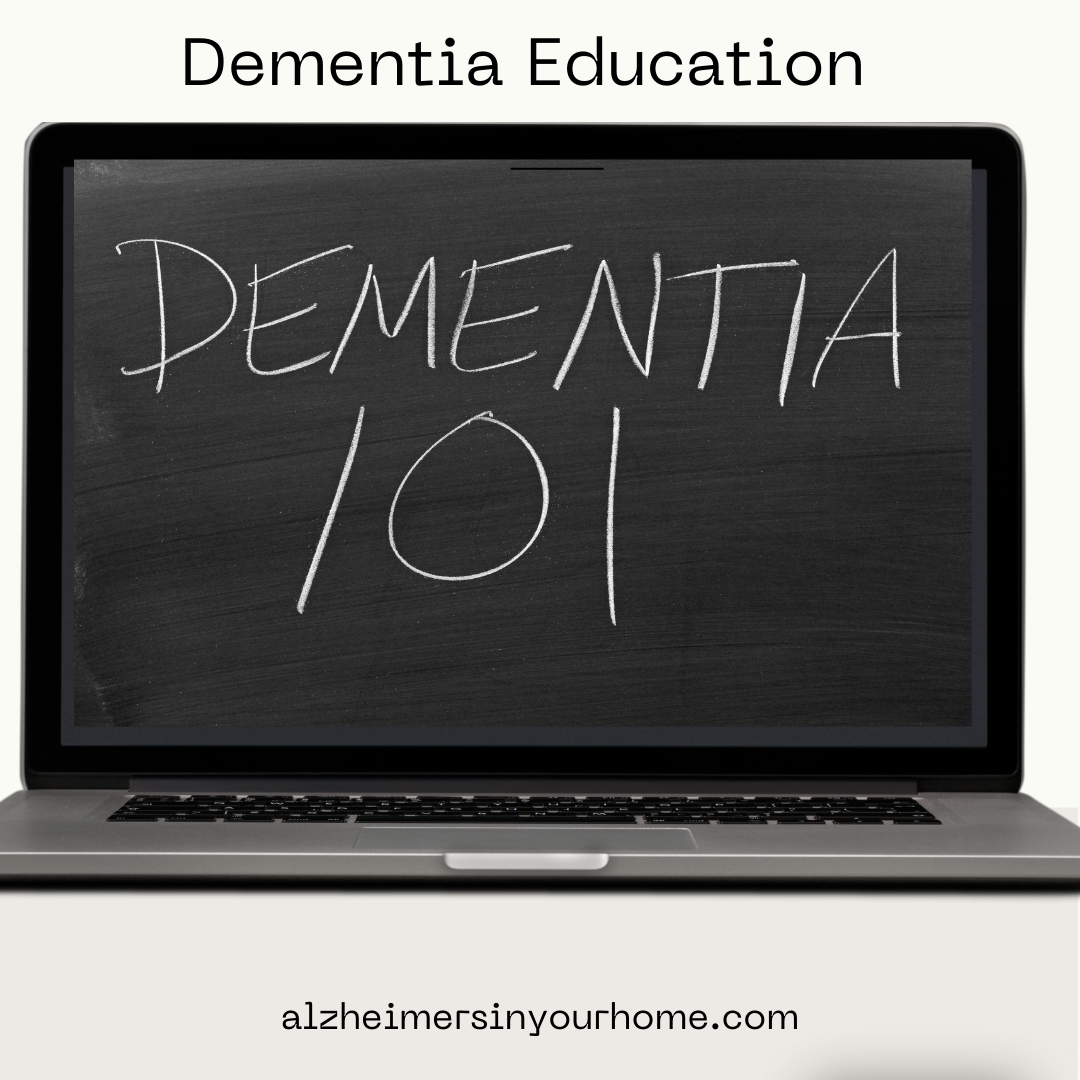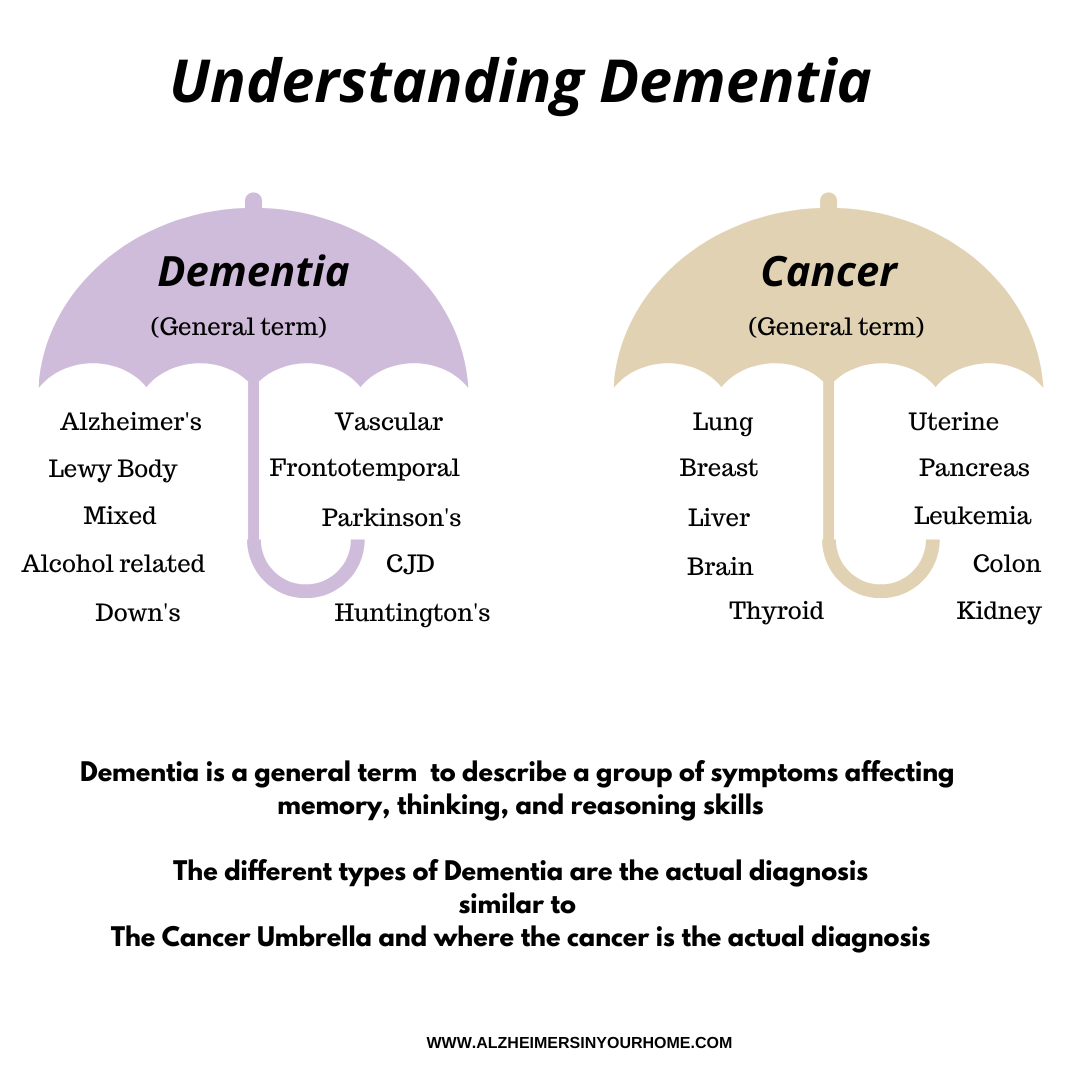Hiding dementia?
Do you have a loved one with dementia who struggles at home but is completely fine when you get to the doctor’s office?
Have they gotten good at hiding dementia? Leaving you frustrated and wondering how to make the doctor understand what is really happening at home.
Caring for a loved one with dementia can be a challenging and emotional experience. One of the more difficult aspects of the disease is that those with dementia can hide their illness and appear normal to others, including their doctor.
Unfortunately, this can make getting an accurate diagnosis and appropriate care difficult. In this article, we’ll explore how those with dementia can hide the illness and how caregivers can ensure their loved ones get the care they need.

Hiding Dementia symptoms
Dementia is a progressive disease that affects the brain and causes memory loss, confusion, and changes in behavior. However, in the early stages, those with dementia may be able to hide their symptoms and appear fine to others.
People with dementia may try to hide their condition from others, either consciously or unconsciously, to avoid being stigmatized or losing their independence. Here are some common ways those with dementia try to hide their disease from others:
- Covering up memory loss: People with dementia may try to cover up their memory loss by relying on notes or reminders, pretending to remember things they have forgotten, or avoiding conversations that require them to recall information.
- Making excuses: People with dementia may make excuses for their behavior or mistakes, such as blaming others or saying they are tired or not feeling well, rather than admitting to memory loss or confusion.
- Denial: Some people with dementia may deny that anything is wrong or refuse to acknowledge that they are experiencing memory loss or other symptoms of dementia.
- Pretending to understand: People with dementia may pretend to understand what is being said or nod along in conversations, even if they are not following the conversation.
- Withdrawing from social situations: People with dementia may withdraw from social situations to avoid being confronted with their memory loss or other symptoms of dementia.
- Using coping mechanisms: Some people with dementia may develop coping mechanisms, such as using humor or changing the subject when they are unable to remember something or answer a question.
It is important for family members and caregivers to be aware of these behaviors and to offer support and understanding to those with dementia. Encouraging open communication and providing a safe and supportive environment can help those with dementia feel more comfortable and less likely to hide their condition.

Dreading the diagnosis can lead to hiding dementia
Many people with early dementia are afraid to go see their doctor. They are scared of what he will say. So refusing to see the doctor is typical. You may have to get creative to get them to the doctor’s office by using another reason.
A medicine check is one that has been found to work, especially if they are on a blood pressure medicine or another type of medicine that needs following up.
So if you can actually get them to go, you may find they are on their best behavior at the doctor’s office. But, unfortunately, they may have become pretty good at hiding dementia making it difficult for your doctor to realize there is an issue.
That is, until your doctor knows there may be a problem. Then, once he knows there may be a problem, he knows how to hone in and ask the right questions.
Recognize your loved one may be trying to hide dementia-related issues from the doctor. But for your doctor to treat your loved one, he must see the whole picture to help get an accurate diagnosis and provide appropriate care.

A Doctor needs the families help with those hiding dementia
Family members become the eyes and ears of the doctor. He depends on you to get him the information he needs. So it helps if you watch for signs of memory loss, confusion, and changes in behavior. You can help the doctor assess for the different types of dementia.
Signs of dementia that should be shared with your doctor:
Memory loss
Struggling to find words
Forgetting how to do a familiar task
Getting lost
Struggling with date and time
Trouble making decisions
Poor judgment
Trouble with numbers or money
Placing items in odd places
Personality changes
Mood swings (calm to crying for no reason)
Losing interest in family, friends, activities
Difficulty reading
Concentration problems

Making the doctor aware
So now that you know what to look for, how do you discreetly get this information to your doctor?
It can be very uncomfortable in the doctors examining room trying to tell the doctor about signs of dementia. In addition, your person with dementia may feel hurt, angry, or even betrayed by listening to you tell the doctor about their signs of dementia.
You can make this easier on your loved one in several ways.
- Call the doctor’s office before the visit and tell the nurse your concerns.
- You can write a note beforehand and hand it to the nurse as you enter the room.
- If your doctor’s office has a portal or phone app, you can text them a note before your appointment.
- Stand behind your loved one when in the examining room so you can shake your head yes or no to let the doctor know their answer is wrong.
- You may also try saying remember when… to prompt your loved one to tell the doctor about a particular event

The doctor’s assessment
If the doctor knows before entering the room, it helps him understand what questions to ask your loved one. In addition, it helps him better assess your loved one for different dementias. Not all dementias are the same.
He can do a quick in-office cognitive exam to help evaluate cognitive functions such as memory, orientation, reasoning and judgment, language skills, and attention.
Keep in mind your doctor needs to talk to the person with dementia. He needs them to answer the questions if possible. Please don’t answer the questions the doctor asks unless absolutely necessary. Often family members will answer the questions. Please keep in mind by not letting them answer the questions, you may be hiding dementia.

Educate yourself on hiding dementia.
Many families struggling with dementia do not know what type of dementia their loved one has. It can be difficult for a doctor to determine the type of dementia. The more pieces of the dementia puzzle he has, the easier it is to put together a diagnosis.
It would be best if you educated yourself about dementia and its symptoms. This is truly the most important thing you can do when you have someone with dementia in your family.
Understanding the disease will help you provide the doctor with information he needs to better diagnose the type of dementia. It will also help you better manage the challenges of caring for someone with dementia. It will also help save you from some of the frustration of dealing with the disease.
Symptoms of Dementia
Memory loss is often the first symptom of dementia. You may notice that your loved one has difficulty remembering appointments, names, or events. They may also struggle with keeping track of conversations or repeating themselves frequently.
Other symptoms of dementia include confusion, disorientation, and difficulty with language.
Changes in mood and personality may also occur in those who have dementia. For example, your loved one may become agitated, paranoid, or experience depression. They may also become more withdrawn or lack interest in activities they once enjoyed.
Shelter of Calm:
Your Guide Through Dementia's Storm!
Is Dementia's chaos stealing your peace?
We're here to restore the calm, empowering you to confidently face each challenge.
Take the first step towards transformation now.


Different Types of Dementia
There are several types of dementia, each with unique symptoms and progression. Alzheimer’s disease is the most common type of dementia and is characterized by memory loss, difficulty with language, and changes in mood and behavior.
Vascular dementia is caused by a stroke or other blockage in the blood vessels and can result in problems with thinking and memory.
Lewy body dementia is characterized by hallucinations, tremors, and movement difficulties.
Frontotemporal dementia affects the front and sides of the brain and can result in changes in personality, language, and behavior.
Learn more at Mayo Clinic Dementia.
Conclusion
In conclusion, caring for a loved one with dementia can be a challenging and emotional experience, especially when your loved one appears fine to others. However, by being the doctor’s eye and ears, you can help your loved one get an accurate diagnosis and appropriate care.
Communicating with your loved ones’ doctors and educating yourself about the disease is essential. With proper care and support, those with dementia can maintain their quality of life and live as independently as possible longer.
The Dementia Caregiver Blog Library
Activities, Advanced Directives, Agitation, Apathy, Approach, Apps for Caregivers, Basic Caregiving, Bathing, Bathroom Safety, Caregiver Burnout, Caregiver Compassion, Caregiver Emotions, Caregiver Help, Caregiver Loneliness, Caregiver Support, Cold & Flu Season, Communication Challenges, Dehydration, Dementia Complications, Dementia Doctors, Dementia Safety Home, Dementia Types, Dementia-Friendly, Dressing Issues, Driving Safety, Eating Problems, Fall Prevention, Family Help, Finances, Guns & Dementia, Harm Prevention, Healthcare, Help at Home, Hiding Dementia, Holidays, Hospice, Hospital Stay, In-Between Stage, Kitchen Safety, Laughter, Legal Healthcare, Marijuana use, Medication Tips, Music, Nutrition, Pain, Patience, Poop Problems, Relationships, Reminiscing, Routine, Safety, Sense of Purpose, Shadowing, Sleep Issues, Stages of Dementia, Sundowning, Television, Time Travel, Traveling, Toileting, Wandering
Exploring Caregiving Tools & Resources? Don't Forget to Check Out My Resource Page! 🌟

Hi, I’m Larea, a Certified Dementia Specialist and Registered Nurse with 30 years of hands-on experience helping dementia patients in various settings, from hospitals to nursing homes and hospice. Drawing on personal experiences with my family members and patients over the years, I’m here to help guide you on your caregiving journey.

